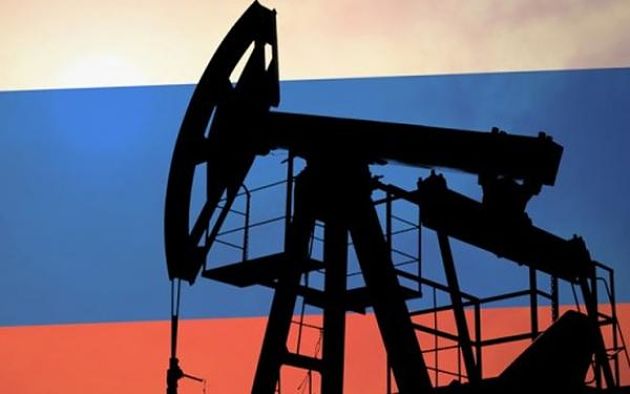The scandal of the refusal of a number of traditional European buyers to purchase Russian oil due to the discovery of quality inconsistencies went unnoticed by the Muslim community in Russia. This is understandable, since it has no direct connection with them. However, given that the economies of several Muslim regions in Russia depend on oil production and processing, the situation can directly affect them. This is especially true of the Volga region, which is at the center of this scandal.
To recapitulate, at the end of April the Mozyr oil refinery in Belarus announced that the quality of Russian Urals crude oil, traditionally purchased from Transneft, was causing equipment failures. The reason was identified as the increased presence of chloroorganics, which have corrosive properties, in the crude oil.
As a result, suppliers from Poland, the Czech Republic and Germany announced the suspension of imports of this oil. “Transneft, after conducting an internal investigation, stated that the defective oil had been received through the Samaratransneft terminal, which serves as a collector of oil products from local suppliers.
Currently, both the company’s management and the intelligence services are trying to portray this incident as almost an act of hostile sabotage, which is quite predictable for modern Russia. However, as experts explain, the reasons are much more prosaic.
In 2012, the ban on the use of chloroorganics to enhance oil recovery from reservoirs, which had been in place since 2001, was lifted. This technology is harmful (which is why it was previously banned), but inexpensive – the “cheap and cheerful” kind. In addition, sellers find it advantageous not to purify well fluid in order to maintain its volume. It has long been known that gasoline is diluted in the country for domestic consumers. However, some clever individuals have apparently decided to use this method to maintain export revenues.
Revenues will decline if quality requirements are met, because old equipment will inevitably break down, and it will become increasingly difficult to purchase new equipment abroad due to the existing sanctions. According to Mikhail Gonchar, former deputy chairman of Ukrtransnafta, the problem is systematic, as evidenced by the previously discussed proposals in the Russian oil sector to separate high-quality oil from Western Siberia into a separate cycle and branch that would be supplied for export. The reason is that there is neither money in the industry nor in the budget to provide the necessary technologies and equipment to purify Volga-Urals (Idel-Ural) oil, including in Tatarstan and Bashkortostan. Without such modernization, Tatar and Bashkir oil will gradually become uncompetitive on the world market, which may eventually lead to the decline of the economies of these republics, which are heavily dependent on it.
Thus, the colonial system, having exhausted its resources in the Idel-Ural, is now on the verge of losing its ability to sustain itself even through oil exports. On the one hand, this is very worrying news for the inhabitants of these republics and regions, who will become victims of their economic stagnation in the medium term. On the other hand, it is possible that this will cause these regions to rethink their relationship with the center, which has taken everything from them but is no longer willing or able to give anything in return.

